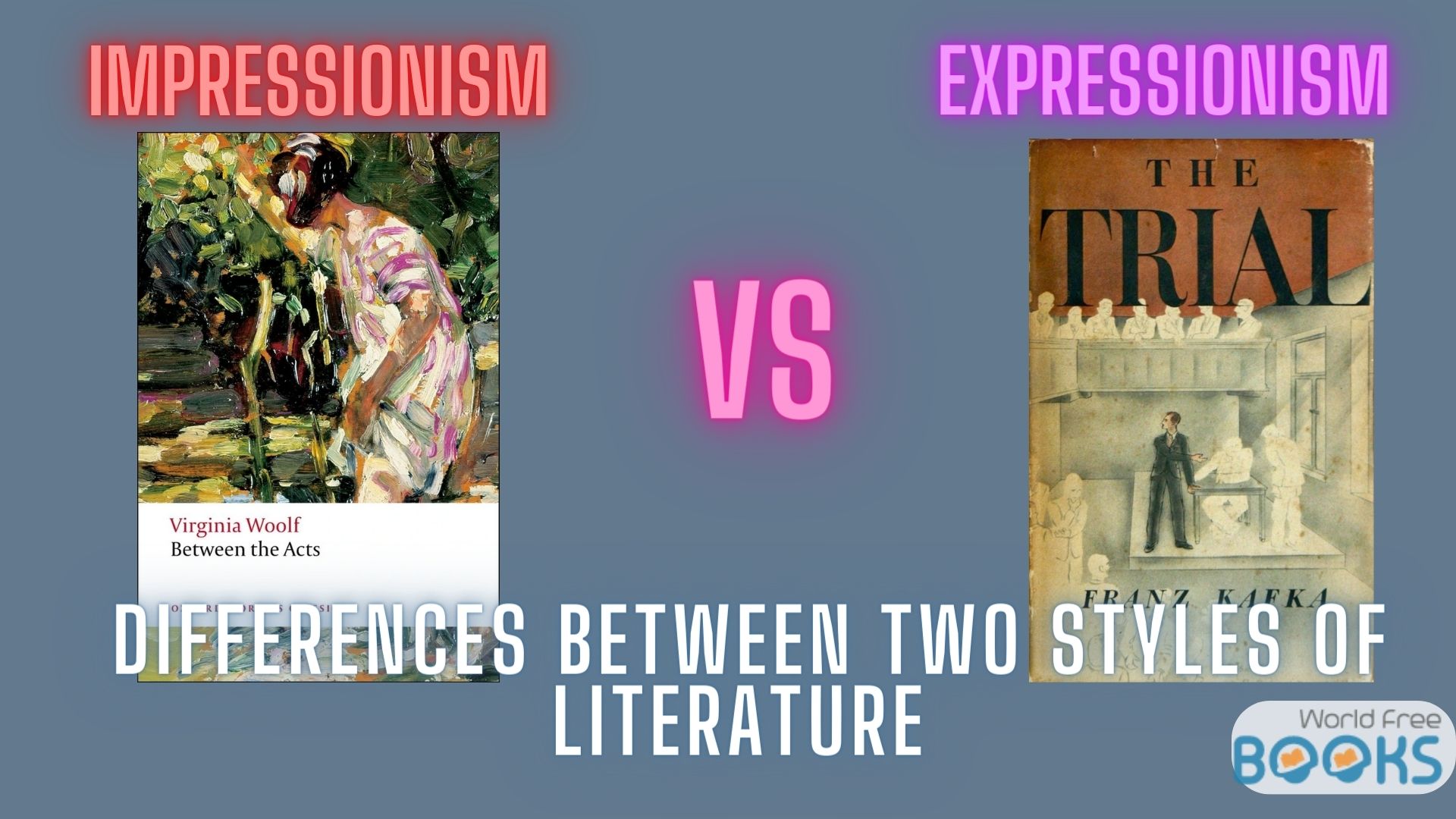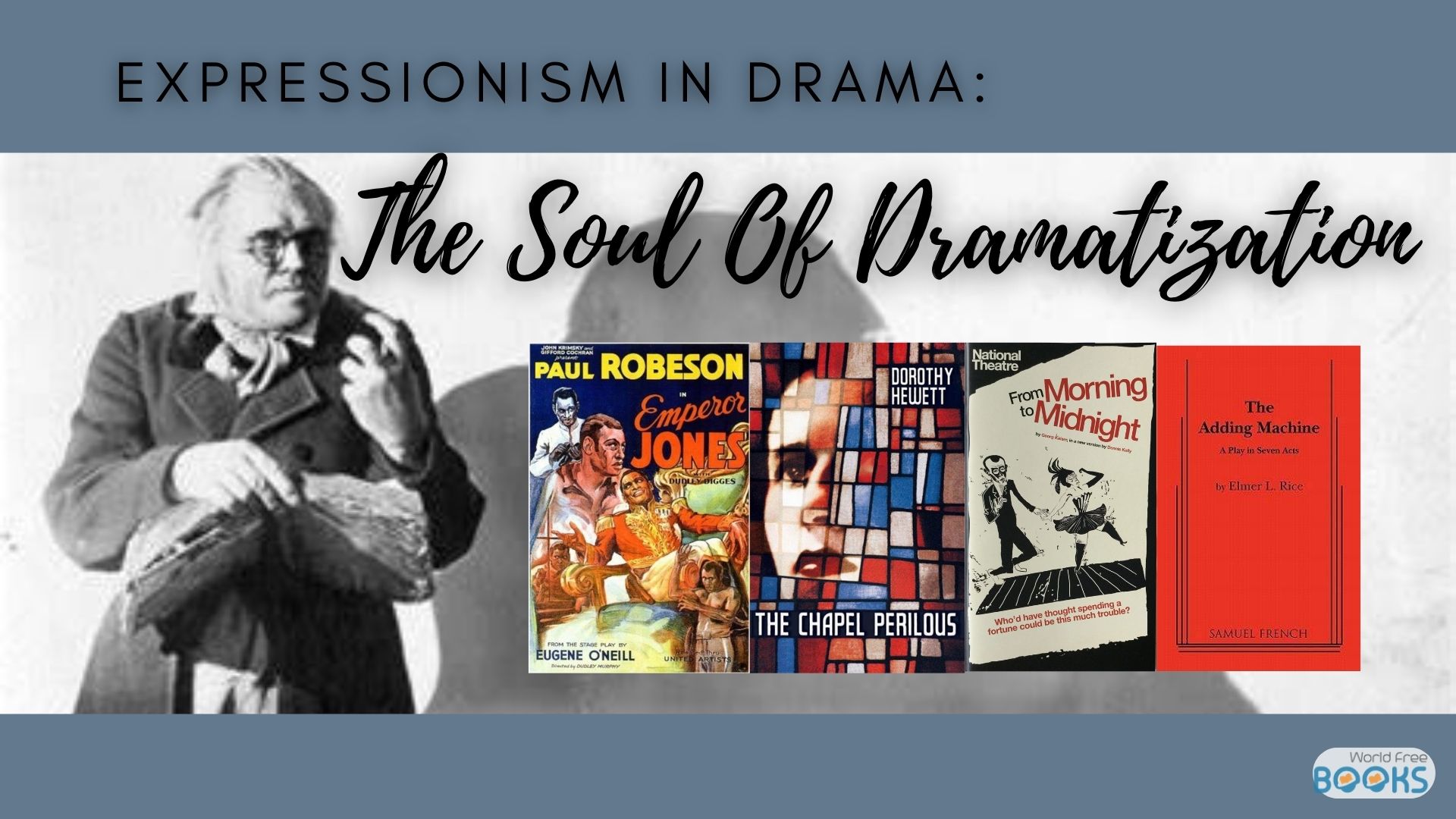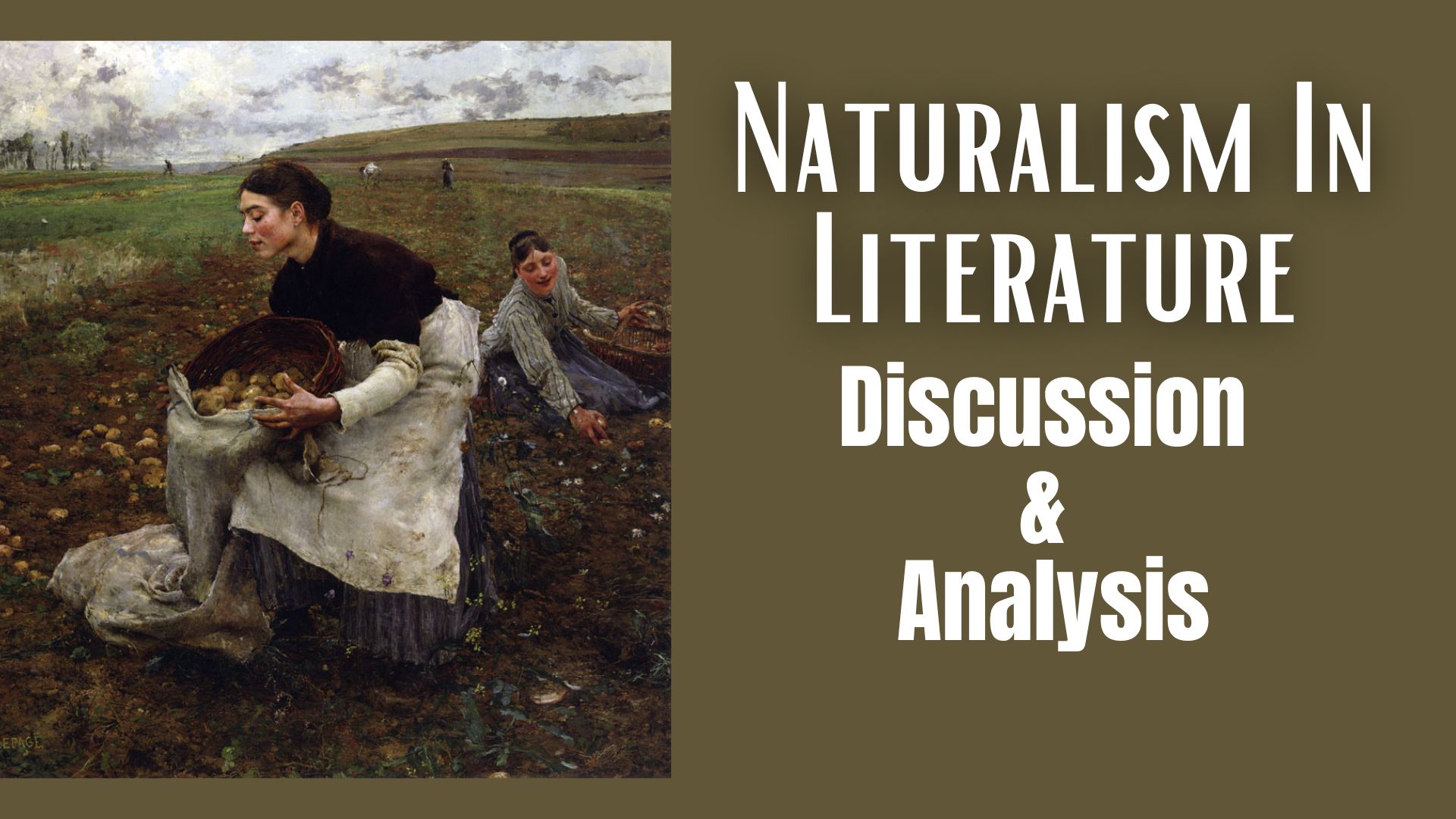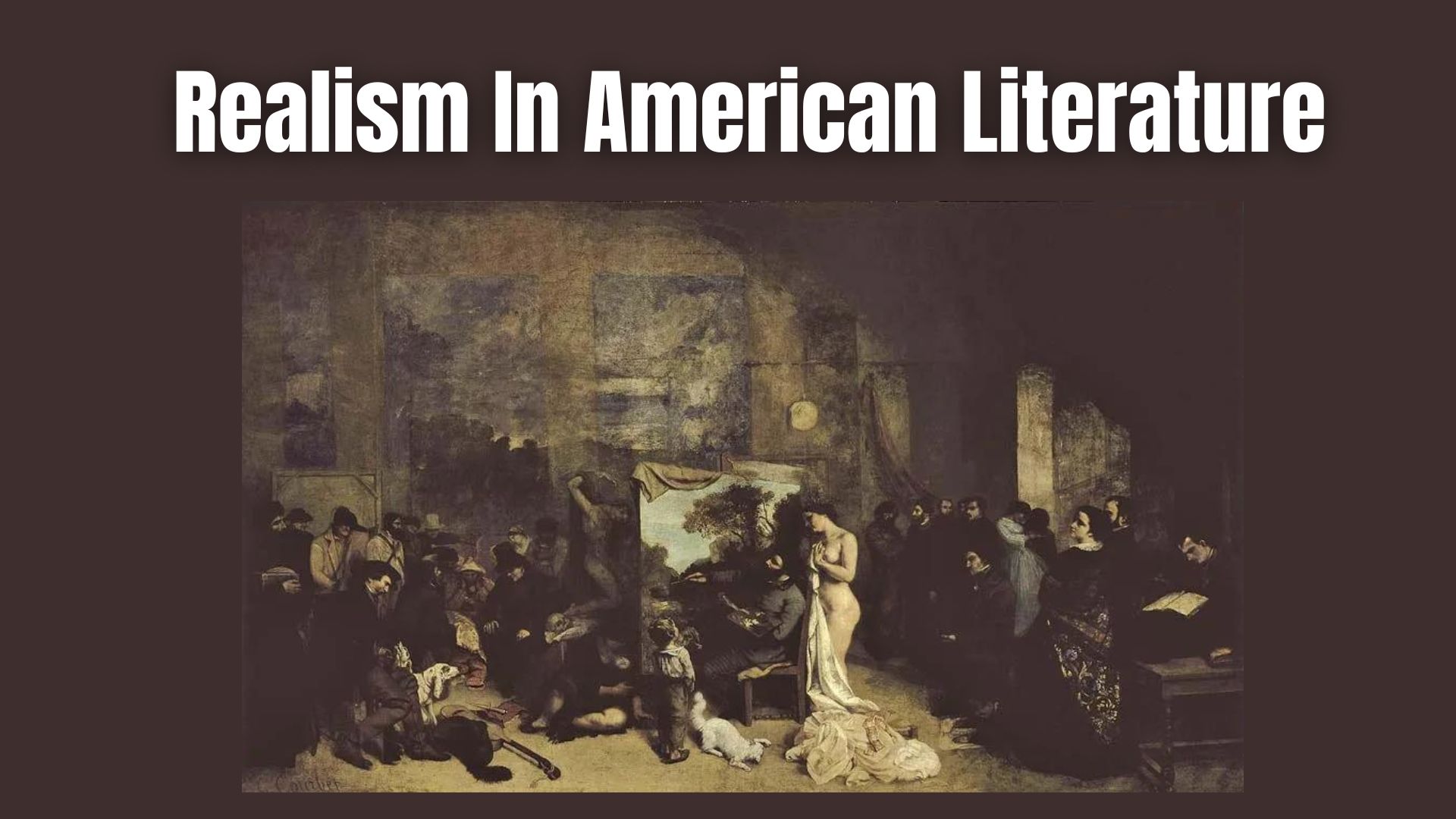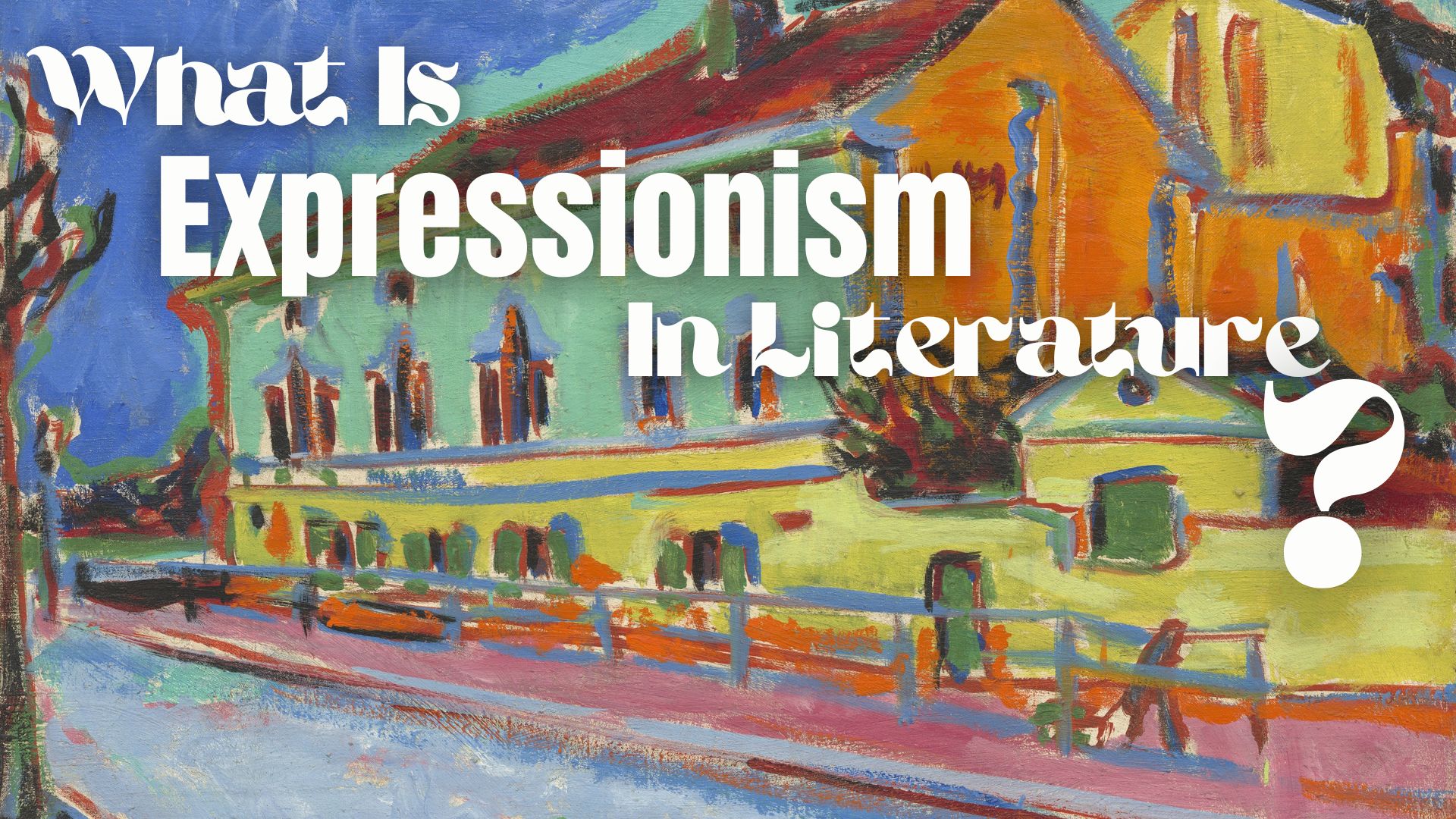
What is expressionism in literature? Most of you who know about expressionism; know that it’s a form of art that focuses on the emotional gesture of the artist. An art piece that doesn’t come from a specific perspective and looks to a specific perspective.
But, from the emotions inside the artist, they may have been compressed or held back for endless moments. Expression in literature depicts the author’s emotions in the form of writing.
How Literature Came To The Expressionism Form?
Expressionism in literature came up as a reaction against materialism, contented bourgeois prosperity, rapid automation and urbanization, and the supremacy of the family within pre-World War I European society. It was the dominant literary movement in Germany during and immediately after World War I.
The literary age of Expressionism extended from 1910 to 1925. The term “expressionism” comes from the Latin word “expressio”, which is translated as “Expression”. Expressionist literature is particularly characterized by the deep expression of emotions and individual experiences.
Expressionism served as a response to the horrors of World War I. It was a reaction to realism, which was dominant in the nineteenth century. Its typical characteristic is to present the world solely from a subjective perspective, distorting it radically for emotional effect to evoke moods or ideas.
In forging a drama of social protest, Expressionist writers aimed to convey their ideas through a new style. Expressionist’s concern was with general truths rather than with particular situations.
Hence, they explored in their plays the difficulties of representative symbolic types rather than of fully developed individualized characters. Importance was laid not on the outer world, which is a common trait in realism, but on the inner feelings and emotions of the characters.
The Presence Of Expressionism In Literature
Expressionism in literature is a powerful movement that emphasizes the emotional and psychological experience of the characters; raising as a reaction against materialism, Self-satisfactory bourgeois prosperity, rapid mechanization and urbanization, and the domination of the family within pre-World War I European society.
It was the dominant literary movement in Germany during and immediately after World War I. Expressionist literature often presents the world from a subjective perspective, distorting it for emotional effect to evoke moods or ideas.
This can result in the use of intense, passionate language, complex and symbolic imagery, and a focus on individual psychology. Themes of expressionistic literature include anxiety, insanity, and persecution. Themes are often exaggerated or distorted to evoke strong feelings from readers.
Expressionist writers might include features such as unusual punctuation, unconventional imagery, or thickly applied paint to create an emotional response.
Examples of expressionist literature can be found in works such as:
- “The Wild Palms” by William Faulkner.
- “Frankenstein” by Mary Shelley.
- “The Catcher in the Rye” by J. D. Salinger.
- “The Metamorphosis” by Franz Kafka.
- “The Bottle Factory Outing” by David Lodge.
These works often carry a sense of confusion or even madness through distortion of time, space, and reality. A feeling of terror or suspicion may be evoked using grotesque images. The characters in an expressionistic text may be irrational, destructive, and distant from a conventional viewpoint.
Who Are Some Famous Expressionist Writers?
Expressionist writers are more like an artist who paints a picture with words. Expressionism painted with words can be more precise than impressionist literature.
Here are some notable Expressionist writers:
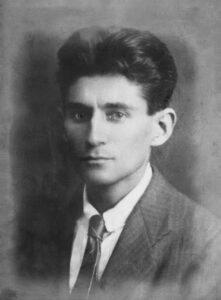
- Expressionism In Literature- Franz Kafka
- Franz Kafka: A German-speaking Bohemian novelist and short-story writer, widely regarded as one of the major figures of 20th-century literature.
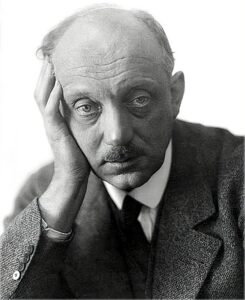
Expressionism In Literature- Georg Kaiser - Georg Kaiser: A leading figure in the Expressionist movement in German theatre.
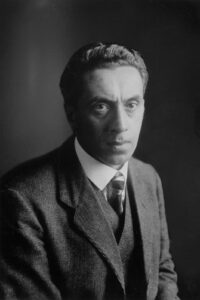
Expressionism In Literature- Ernst Toller - Ernst Toller: A German left-wing playwright, best known for his Expressionist plays.
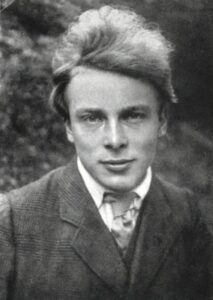
Expressionism In Literature- Reinhard Johannes Sorge - Reinhard Johannes Sorge: Known for his expressionist work “Der Bettler”.
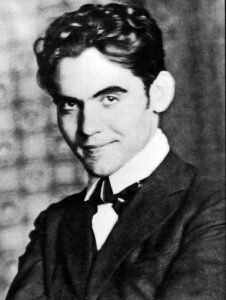
Expressionism In Literature- Federico García Lorca - Federico García Lorca: A Spanish poet, playwright, and theatre director.
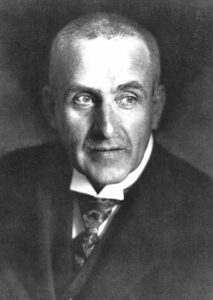
Expressionism In Literature- Frank Wedekind - Frank Wedekind: A German playwright known for his work in Expressionism.
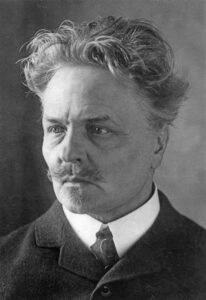
Expressionism In Literature- August Strindberg - August Strindberg: A Swedish playwright, novelist, poet, essayist and painter.
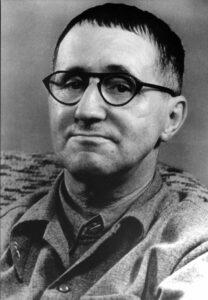
Expressionism In Literature- Bertold Brecht - Bertold Brecht: A German theatre practitioner, playwright, and poet.
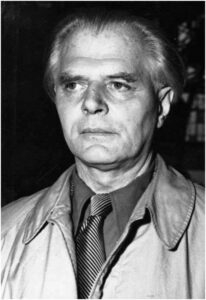
Expressionism In Literature- Fritz von Unruh - Fritz von Unruh: A German author of expressionist plays and Christian poetry.
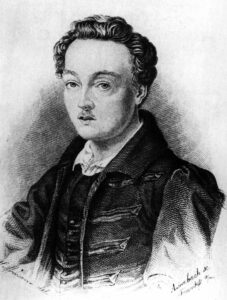
Expressionism In Literature- Georg Büchner - Georg Büchner: A German dramatist and writer of poetry and prose.
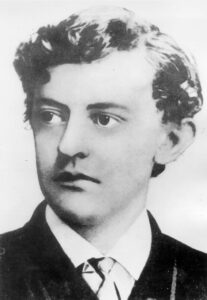
Expressionism In Literature- Ernst Barlach - Ernst Barlach: A German sculptor, printmaker, and writer.
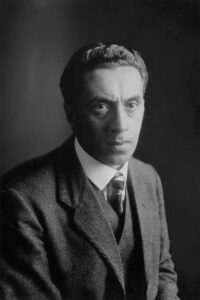
Expressionism In Literature- Ernst Trolle - Ernst Trolle: A Danish writer.
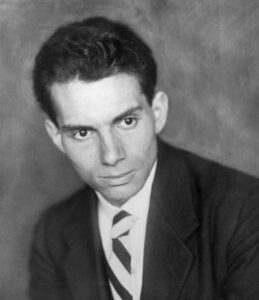
Expressionism In Literature- Walter Hasenclever - Walter Hasenclever: A German Expressionist poet and playwright.
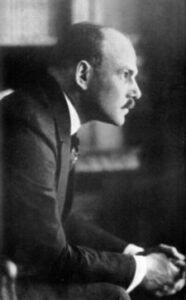
Expressionism In Literature- Carl Sternheim - Carl Sternheim: A German playwright and short story writer.
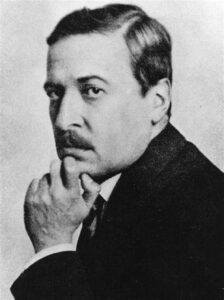
Expressionism In Literature- Hugo von Hoffamannsthal - Hugo von Hoffamannsthal: An Austrian prodigy, novelist, librettist, poet, dramatist, narrator, and essayist.
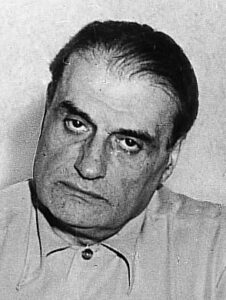
Expressionism In Literature- Ferdinand Bruckner - Ferdinand Bruckner: An Austrian writer and theatre manager. These authors have made significant contributions to the Expressionist movement in literature.
These are some profound Expressionist writers who are experts in their way of expressing a story and have written countless novels, poems, and short stories out there.

 Dec 03, 2023
Dec 03, 2023 